Suomi on maailman onnellisin maa vuonna 2024
“Happiness doesn’t just happen. Countries can take steps to encourage it, and it should be a policy goal.”
Edited by Anna Popper
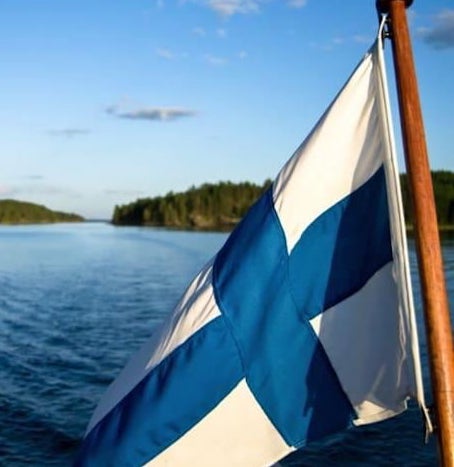
Finland has retained its position as the happiest country in the world for the seventh year in a row according to the annual World Happiness Report (WHR) published on 20 March 2024.
The report’s release coincides with the International Day of Happiness. In 2012, the United Nations General Assembly proclaimed 20 March the International Day of Happiness, recognising the relevance of happiness and well-being as universal goals and aspirations in the lives of human beings around the world, and the importance of their recognition as objectives in public policy. The resolution was initiated by Bhutan, a country that since the early 1970s has recognised the value of national happiness over national income.
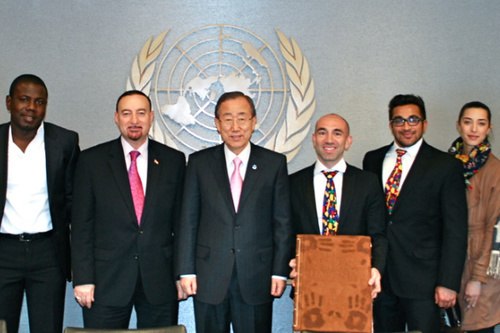
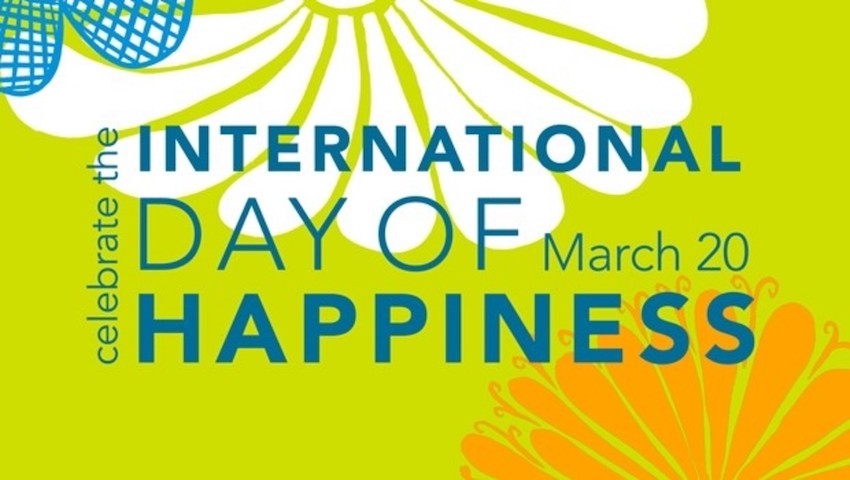
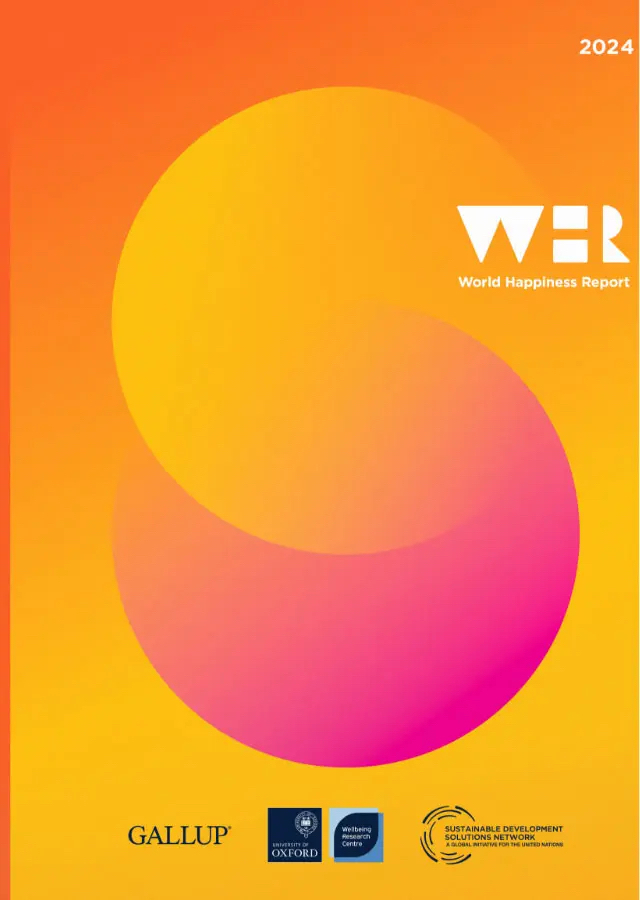
The annual World Happiness Report (WHR) has been a joint endeavour between Gallup, the Oxford Wellbeing Research Centre and the UN Sustainable Development Solutions Network since 2012. The WHR offers an opportunity to delve into the fundamental aspects of happiness and strategies for cultivating it. Its primary purpose is to highlight the significance of happiness in government policies. The 158-page report compares answers to more than 100 questions and seeks to quantify the level of happiness in 140 countries by asking individuals to rate their happiness on a scale from 0 to 10. Beyond self-assessment, WHR considers a range of additional factors related to societal happiness, including: GDP per capita, Social Support, Healthy life expectancy, Perception of Freedom, Support for Charity, Prevalence of corruption.
In 2024, European countries dominate the ranking; the other Nordic countries usually join Finland in the top ten – this year, they are all in the top seven: Denmark second, Iceland third, Sweden fourth and Norway seventh. The Nordic countries have a unique mindset that distinguishes them and goes beyond mere geographical limits. Collaboration is on brand in the Nordics.
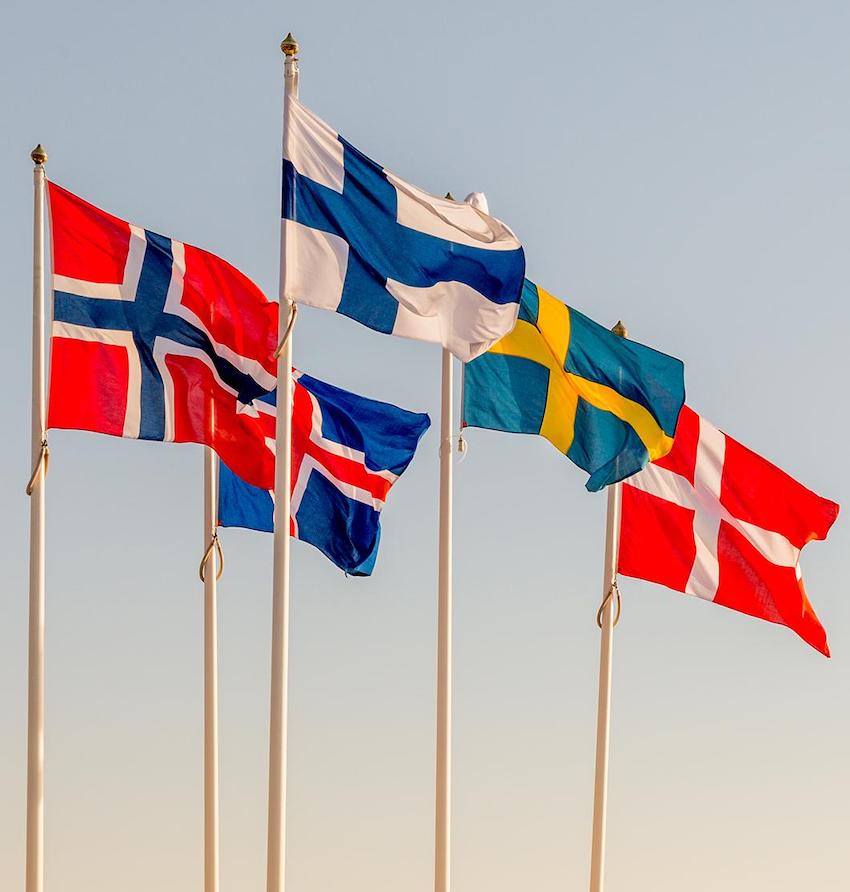

The 2024 World Happiness Report offers age-based empirical data for the first time, focusing on the happiness of people at different stages of life, showing a worrying divergence between the happiness of young people worldwide compared to older generations. Those born before 1965 are happier on average than those born after 1980. The happiness among young people (ages 15-24) has fallen sharply in North America and less steeply in Western Europe. In contrast, happiness rose sharply at all ages in Central and Eastern Europe.
In essence, the WHR endeavours to identify the world’s most contented nations by analysing a range of factors alongside individuals’ own assessments of their happiness. By doing so, it seeks to offer valuable insights that can guide policymaking and initiatives aimed at enhancing societal well-being.
Top 10 happiest countries in the world in 2024:
- Finland
- Denmark
- Iceland
- Sweden
- Israel
- Netherlands
- Norway
- Luxembourg
- Switzerland
- Australia



Exploring the Key Factors Behind Finland’s Success
What exactly is Finland’s secret and recipe for happiness, or in other words, life satisfaction and fulfilment that sets it apart from other nations?




A Large Infrastructure of Happiness Built in Finland
Happiness doesn’t just happen. Countries can take steps to encourage it, and it should be a policy goal. The concept of building an “Infrastructure of Happiness” can be applied to the Nordic countries to some extent, as they also ranked very high among the 140 nations participating in the 2024 WHR survey.
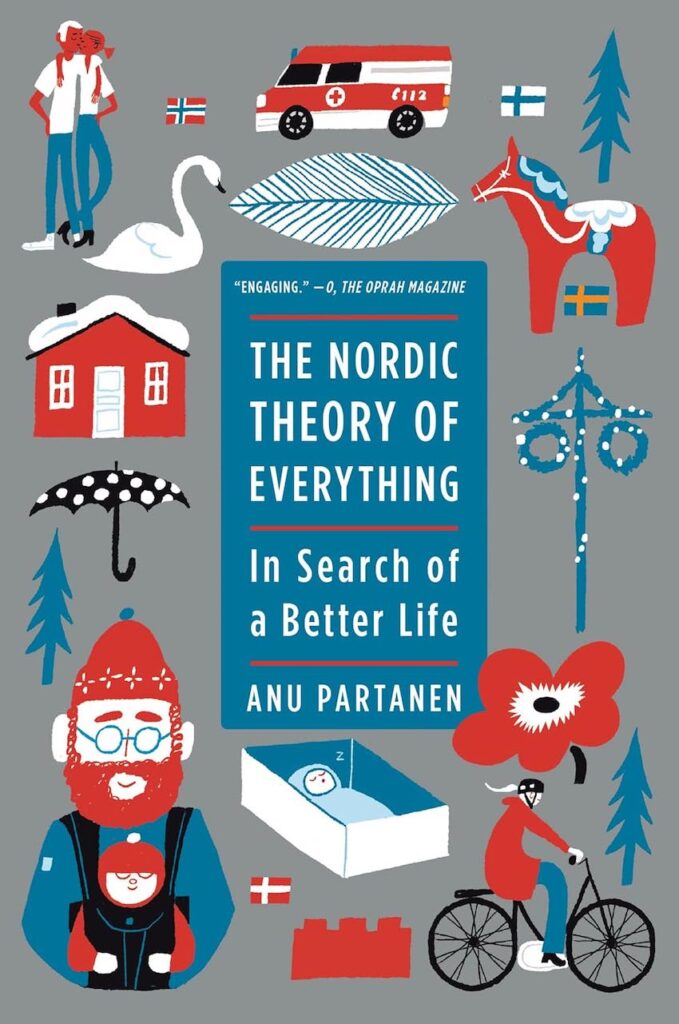
“Finnish society has been built in such a way that people are supported but still feel like they have control over their lives” – Anu Partanen, the author of The Nordic Theory of Everything.
In a world where happiness is often elusive and fleeting, Finland stands out as a beacon of contentment and well-being for its population, already for seven years in a row.
To unravel Finland’s recipe for happiness, or in other words for life satisfaction and fulfilment, we must delve into the multifaceted factors that work synergistically to contribute to Finland’s success in fostering a happy and harmonious society.
Finland – a Society of Trust and Freedom
Finnish society is fundamentally built on trust, which is deeply intertwined with the concept of social capital. This trust is rooted in confidence in the country’s institutions, including the government, legal system, and public services, perceived as fair, impartial and effective, contributing to the sense of stability. Moreover, Finnish society values openness, reliability and consistency. Freedom of communication and access to information further bolster this trust, creating a cohesive and stable social fabric. Life satisfaction correlates with a high level of trust and a well-functioning society, where the population is committed to follow the rules and norms, which contributes to the sense of security, cooperation, well-being and productivity.



Democracy and good governance play pivotal roles in the infrastructure of happiness, based on transparency, accountability, rule of law, protection of human rights, including those of various minorities, and lack of corruption.
Safety and security in a country are increasingly critical, particularly in today’s world, and they are assured in Finland. Being integral components of the trust we place in institutional bodies, they play a pivotal role in enhancing overall well-being and happiness. As a basic need, feeling secure also contributes to people’s mental and emotional well-being. Security provides a sense of stability and predictability, reduces stress and anxiety levels whether at home, at work or in public spaces, allowing us to fully engage with the world around us.
Freedom, as a great value within the Finnish society, is crucial. It empowers individuals to pursue their professional, creative or personal aspirations without undue constraints or limitations by allowing them to express themselves, pursue their goals and make decisions that align with their values, enabling them to experience greater fulfilment and satisfaction in life. Finland ranks high in terms of political, civil and press freedom. Additionally, both individuals and institutions enjoy a high degree of freedom, but this also comes with responsibilities.
Finland boasts a solid welfare state that provides a strong social safety network with high-level healthcare, excellent education and other social services accessible for everyone, regardless of socio-economic background, leaving no one behind. Each year, Finland regularly spends more than 20% of its GDP, billions of euros, on social protection to finance high pensions, its outstanding healthcare system, childcare, unemployment and other social services.




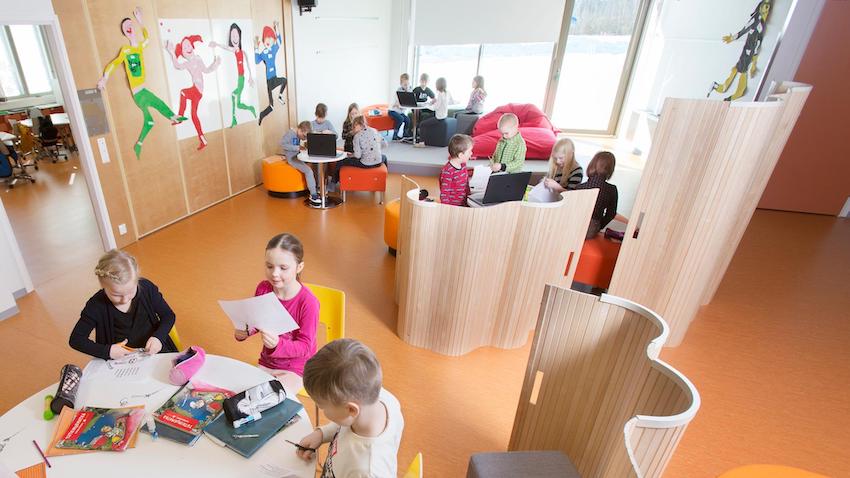
Finland is known for its commitment to equality and social justice, creating an environment where people feel respected and accepted. Equality principles are enshrined in laws and policies aimed at eliminating discrimination and promoting equal opportunities for all members of society. According to a World Economic Forum (WEF) 2023 report, Finland proudly demonstrates one of the most gender-equal societies in the world. Women accounted for 46% of the country’s parliament and 40% of councillors at the municipal level. Finland is the only country where fathers spend more time with their children than mothers, and they are encouraged to take paternity leave, according to the WEF survey.
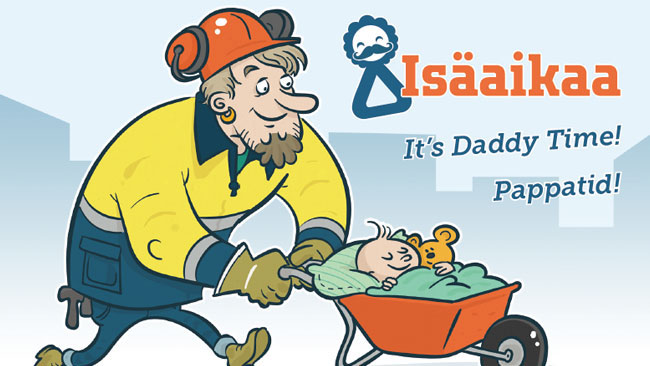
In 1906, the Finnish Parliament became the first in the world to allow all women to run for office. Equality means not only gender equality without any discrimination, but also an equal chance for all citizens to start life. Equality is an important element of happiness in Finnish society.
It is also important to emphasise that Finland prides itself on its culture of low hierarchies, unlike many countries where hierarchical structures dominate the social and professional spheres. This egalitarian ethos is reflected in various aspects of Finnish life, including workplace, education systems and public discourse. In Finland, individuals are encouraged to express their opinions.

Finnish society highly values work-life balance, prioritizing the well-being of its citizens alongside professional responsibilities. Work-life balance is increasingly seen as essential for maintaining productivity and overall well-being. This involves effectively managing work demands alongside personal and family commitments, as well as activities that promote leisure, relaxation, personal growth and enjoyment. Cultural activities such as arts, music, theatre, exhibitions and literature play a vital role in promoting work-life balance by providing opportunities for recharge, relaxation, inspiration, personal enrichment and the pursuit of other interests outside of work. Engaging in cultural activities allows individuals to escape the pressures of work, stimulate their creativity and connect with others in meaningful ways, thus creating a healthier work-life balance.
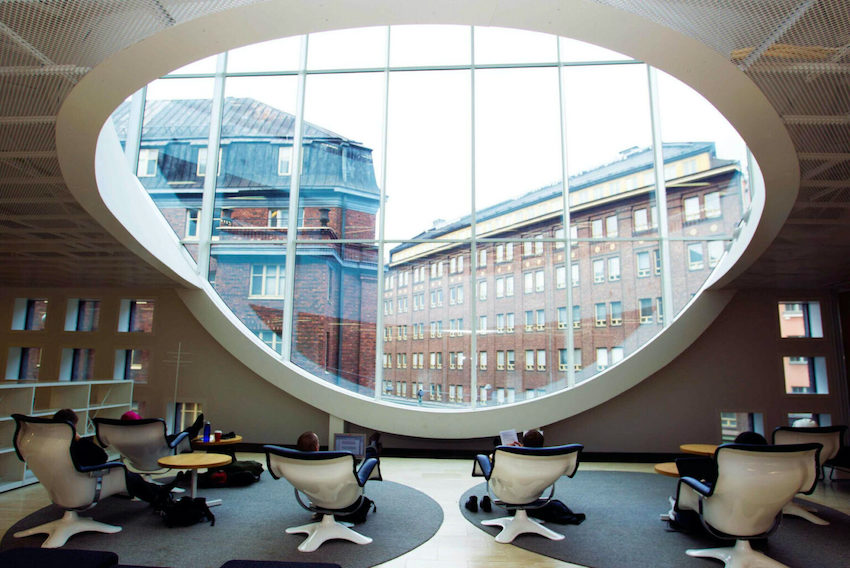
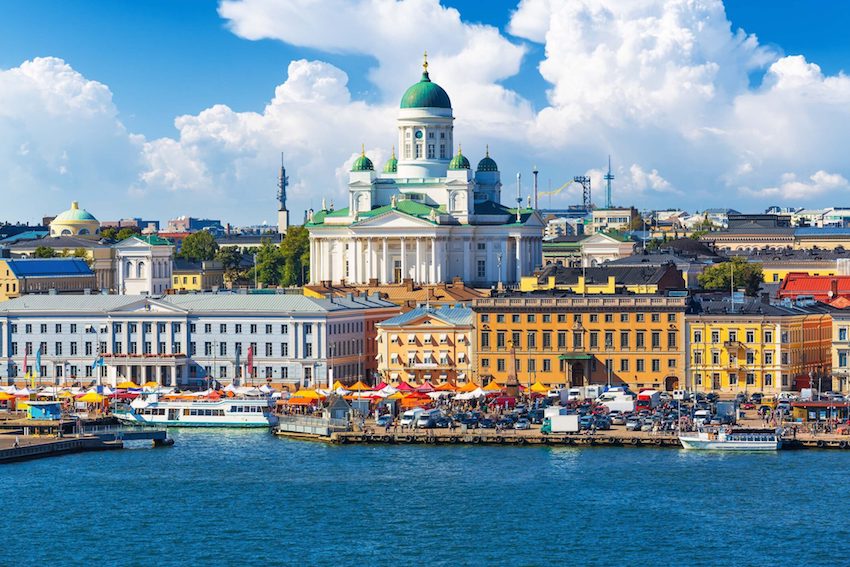

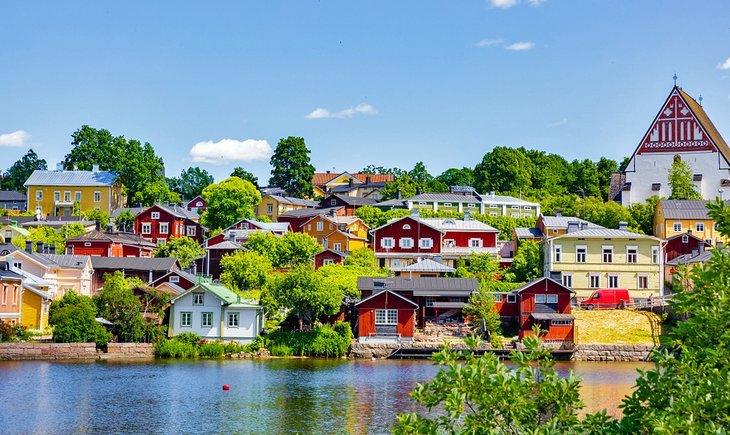
Finland also lands among the top 10 most environmentally conscious countries. Pristine nature plays a significant role in promoting happiness and well-being. With vast forests, clean air and abundant opportunities for outdoor recreation, Finns have a deep appreciation for nature and a strong commitment to its preservation. Sustainable practices, renewable energy initiatives and conservation efforts are integral components of Finland’s national agenda, reflecting a collective responsibility to protect the environment for future generations.
Sense of community, solidarity and mutual support among Finns is very strong, fostered by social cohesion and active participation in various activities in their society.

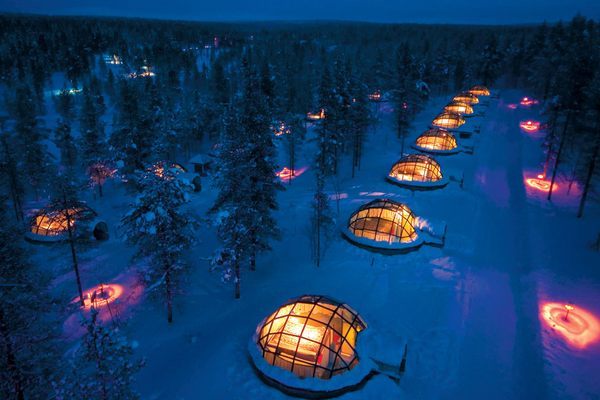
It is fascinating how sauna culture embodies a sense of community, where people come together to unwind, share stories and forge deeper connections and friendship, while experiencing the rejuvenating effects of this very healthy Finnish practice. In Finland, there are about 3.3 million public and private saunas (slightly less than the number of cars) available for a population of 5.4 million people. (In simpler terms, one sauna for two people in the country!)

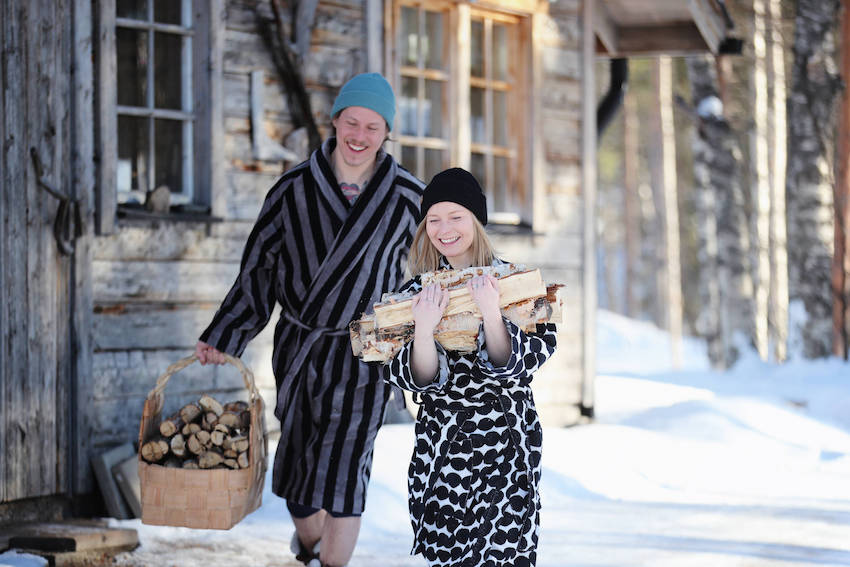
Sauna culture is deeply ingrained in Finnish life, serving as a significant social venue and a cornerstone of the nation’s identity. Sauna is such an integral part of Finns’ everyday life that it was inscribed into UNESCO’s list of Intangible Cultural Heritage in 2020. The timeless tradition of the sauna in Finland dates back hundreds of years, and evidence suggests that saunas have been a part of Finnish life since ancient times, and their fundamental role in Finnish society has remained remarkably consistent. Beyond their cultural and social dimensions, saunas offer a myriad of health benefits, including stress reduction, improved circulation, and detoxification. It is not just about cleansing the body, but also about purging the mind and finding a sense of inner peace. In Finland, saunas are not a luxury; they are considered essential for maintaining optimal health and well-being. It goes beyond mere relaxation and leisure, embodying a holistic approach to physical, mental and social well-being, contributing to overall vitality, longevity also for generations to come.

Not least, besides the Finnish social capital: trust, freedom, equality and societal cooperation, it is essential to mention the Concept of “Sisu”, summing up the Finnish way of life and their key to success. Sisu is a word that explains Finland, but can not be translated, it is deeply rooted in Finnish culture and history, dating back centuries. It embodies resilience, perseverance and determination, being part of the common Finnish identity, sense of pride and togetherness. Sisu is often cited as a key factor in the resilience, wellness and happiness of Finns and Finland as a whole. Embracing sisu allows individuals to connect with their cultural roots and values, enhancing their overall sense of well-being and happiness. Sisu, as an integral part of Finnish identity and heritage, encompasses characteristics such as determination, perseverance, courage and resilience in the face of challenges, helping individuals navigate through difficult times and lead to a greater sense of accomplishment and fulfilment when overcoming obstacles. Sisu’s mindset emphasises the importance of maintaining a positive attitude even in the most difficult circumstances and plays a significant role in promoting happiness among Finns.
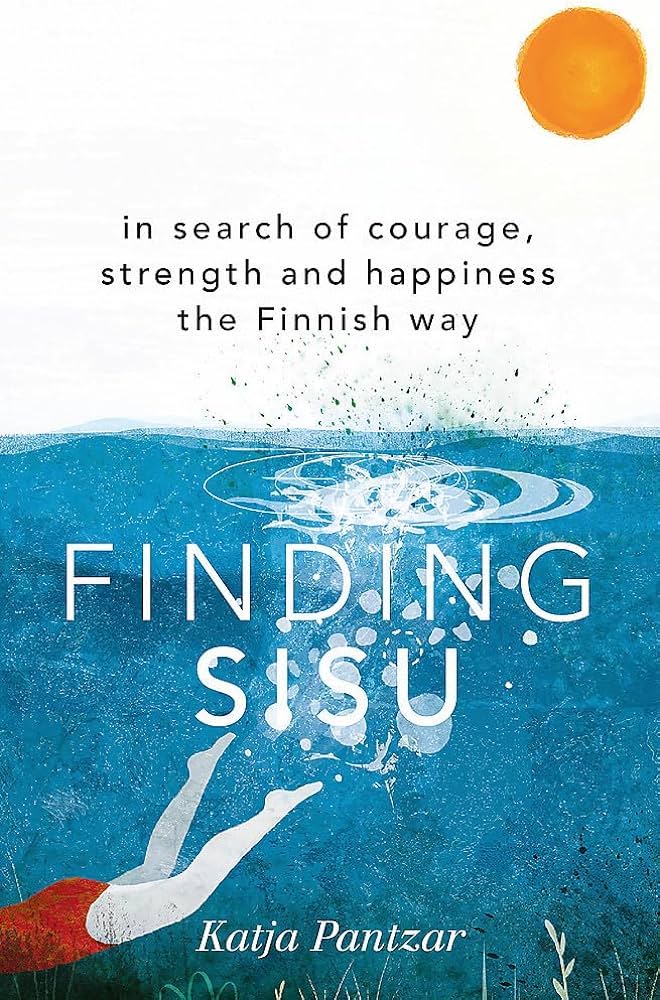
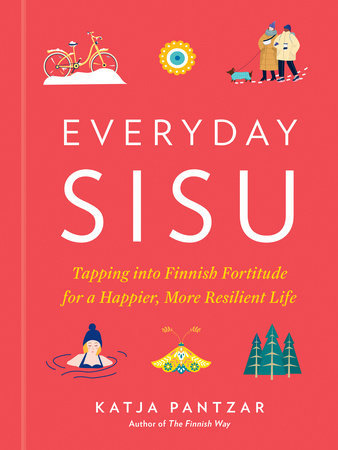

While sisu is often associated with individual resilience and determination, it also plays a key role in enhancing cooperation, mutual support, social cohesion, teamwork and greatly contributing to the success of Finns as a community. It is a cultural trait that strengthens social bonds, promotes innovation and contributes to the overall prosperity of Finnish society. Although the spirit Sisu has ancient roots and has been considered an integral part of the Finnish national character for generations, it gained broader recognition and became more widely known outside Finland in the early to mid-20th century, particularly during Finland’s struggles. Since then, this very positive mentality has been celebrated in Finnish literature, art and popular culture, further solidifying its place as a defining feature of Finnish national identity.


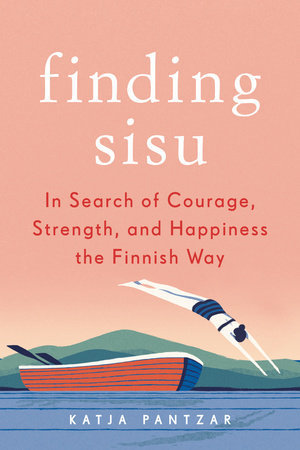
To conclude, there is a Finnish proverb that best describes how Finns define happiness:
“Happiness does not come from searching for it, but by living itself.”

Source: World Happiness Report (WHR) 2024
Photos by Good News from Finland and Diplomatic Magazine












